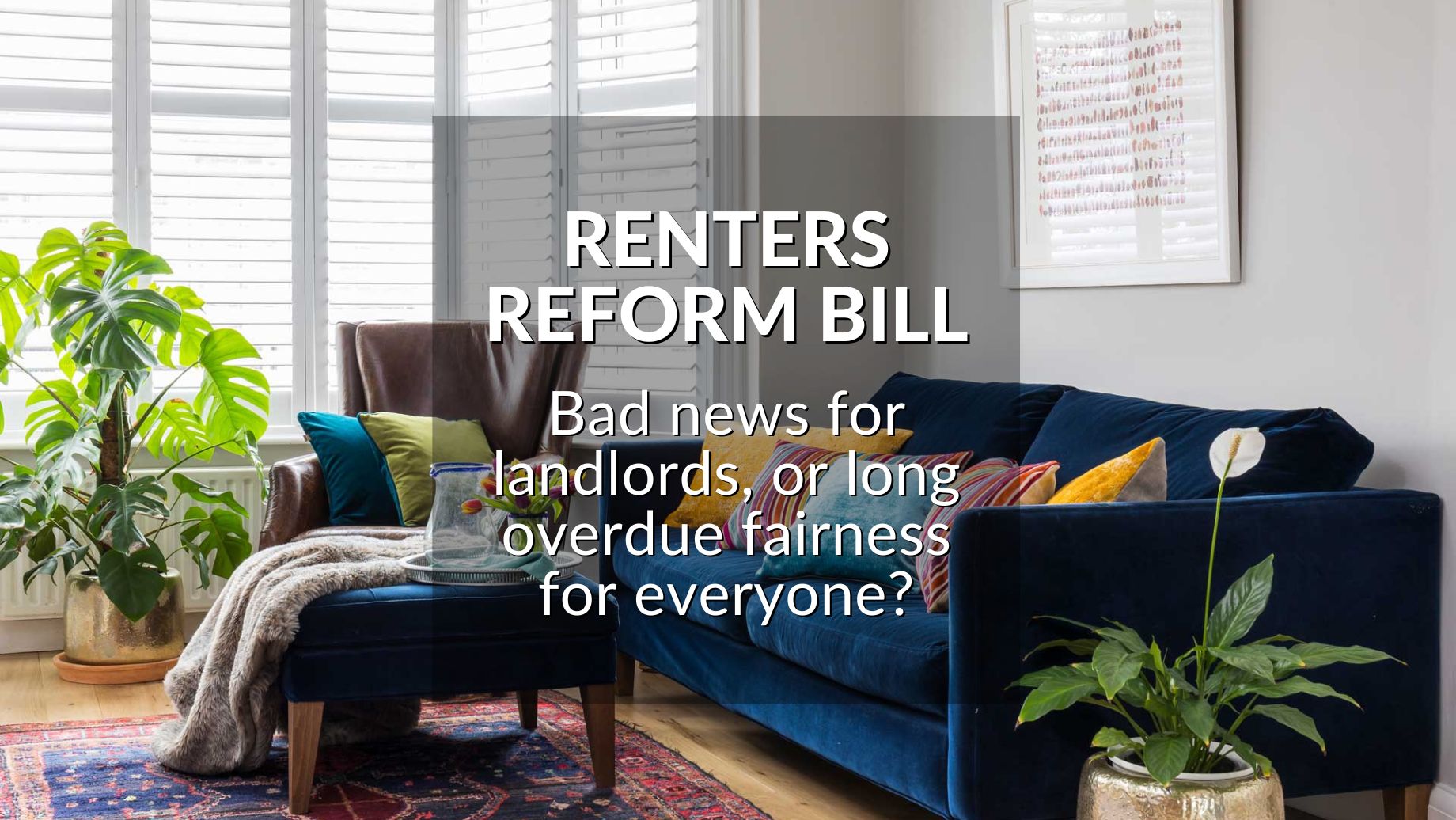Blog
- Details
- Hits: 1352
OUR EXPERT TIPS TO MINIMISE THE WEAR & TEAR AT YOUR BUY-TO-LET
The end of a tenancy is often filled with uncertainty. Landlords worry over the state of their property when it's returned, while tenants fret about how much of their security deposit will be refunded.
Fortunately, there are many ways for landlords to design out the potential for damage, reduce the impact of wear and tear and alleviate the nail-biting as the check-out date approaches.
Three of the most fundamental factors include:
- the way the contract and relationship with your tenants are set up from the start
- the liveability and durability of your buy-to-let when your tenants move in
- how your tenants and property are managed during the tenancy.
A shared goal of every landlord and tenant should be a home that's easy to live in, easy to love and easy to hand back in good condition. With that in mind, this week's blog has everything you need to help your buy-to-let stay in great shape during a tenancy, and to minimise gaps in your income between lets.
- Details
- Hits: 1120
BAD NEWS FOR LANDLORDS, OR LONG OVERDUE FAIRNESS FOR EVERYONE?
There’s been a flurry of news and commentary since the Government announced its Renters Reform Bill. Representing the biggest changes to the private rental sector in 30 years, the Bill is set for introduction to Parliament before March 2023, with a view to becoming law by early 2024.
Despite dramatic headlines, the Bill isn’t only about the rights of tenants. In fact, Nick Beadle, Chief Executive of the National Residential Landlords Association, has said the “commitments to strengthening possession grounds, speedier court processes and mediation are helpful”.
Nonetheless, Michael Gove’s rhetoric on June 16th promised to protect tenants from “landlords who fail to repair homes and let families live in damp, unsafe and cold properties, with the threat of unfair ‘no fault’ eviction orders hanging over them.”
Eliminating substandard homes from the rental market is obviously a welcome step forward, but what if you’re already a professional and responsible landlord? Our blog this week explores the proposals and what they actually mean for anyone owning a buy-to-let property.
- Details
- Hits: 1026
BUILDING A BUY-TO-LET LEGACY FOR YOU AND YOUR FAMILY’S FUTURE
Bricks & mortar never go out of fashion.
People will always need homes, which makes buying to let one of the safest investment strategies around. It's also a smart way to build a tax-efficient inheritance, something today's young are becoming more reliant on than previous generations with the ever-widening gap between house prices and incomes.
Property has stood the test of time as a solid way to create wealth with an asset that’s forever in demand and can never disappear overnight. And while nobody can predict what lies ahead, there are steps you can take to accelerate your goals in life, plan a comfortable retirement, and give your children a valuable head-start.
So let’s take a look at how you can lay the foundations of a secure financial future for you and your family.
- Details
- Hits: 1460
GROW YOUR RETURNS IN THE GARDEN BOOM WITH STYLISH OUTDOOR UPGRADES
Not so long ago, many landlords saw gardens as a bit of a liability. Tenants weren't exactly clamouring for them, and landlords were convinced they'd be handed back an overgrown jungle of weeds.
But the pandemic produced a revolution in the demand and appreciation for outside space across the country. It's a trend that's never gone away, with gardens and balconies firmly on the non-negotiable lists for many tenants in Liverpool. More than that, they're willing to pay extra for the privilege.
So how can you reap the greatest reward from the outside space at your buy-to-let? And how do you match your garden or balcony to the right kind of tenant?
This week's blog digs deep, from tiny patios to family lawns and stylish luxury upgrades. Use our design and planting tips for an in-demand garden to maximise your rent and improve the value of your investment.
- Details
- Hits: 1132
IS BUY-TO-LET BROKEN? FACTS, FIGURES AND FUTURE TRENDS FOR PRIVATE LANDLORDS
There's no denying that buy-to-let isn’t the same as 10 or 15 years ago.
Changes in lending criteria mean landlords have to put in more of their own money; changes in tax policy have affected initial yields; changes in lettings legislation have changed what it is to own a rental property.
As the private rental sector has moved away from short-term profits, corporate investment in buy-to-let is on the rise, with major institutions attracted by its long-term prospects for growth and income.
But is the future only for the big boys? Or is there a place for small, independent landlords to have a thriving and profitable business? Our blog this week looks at the factors affecting the market today and tomorrow, so you can choose whether buy-to-let is for you.









